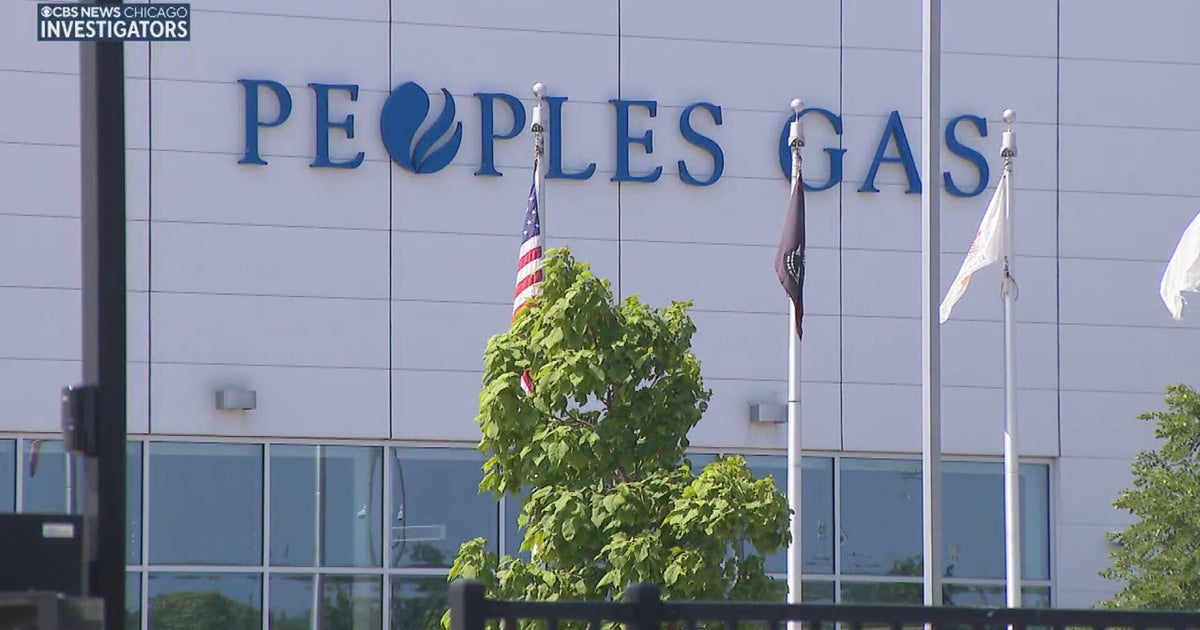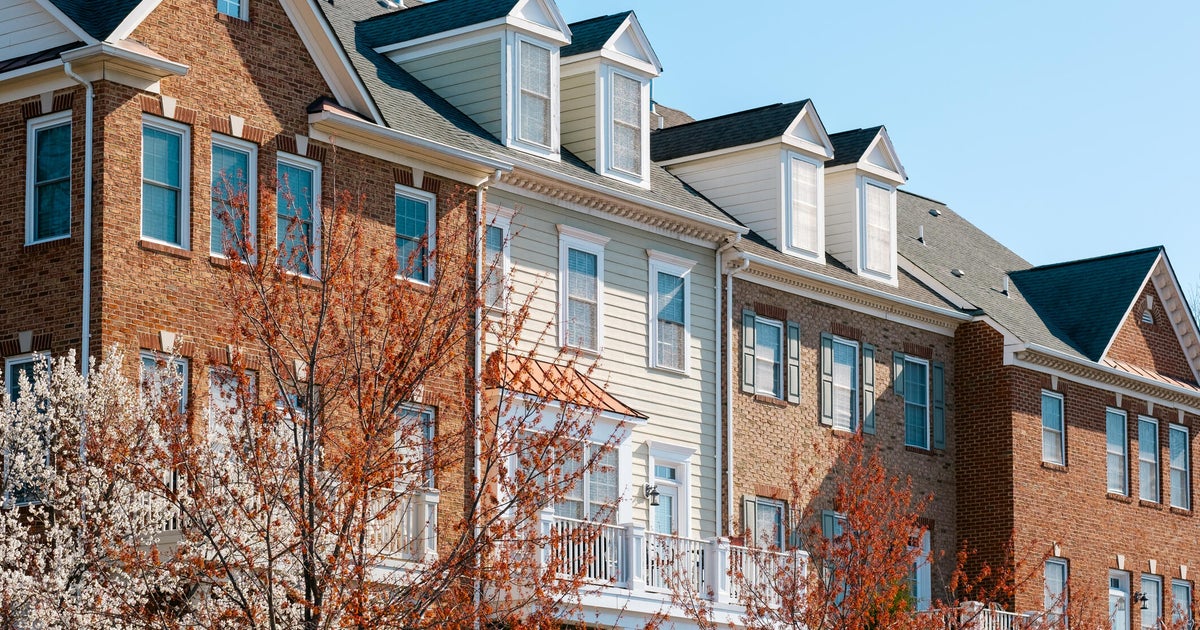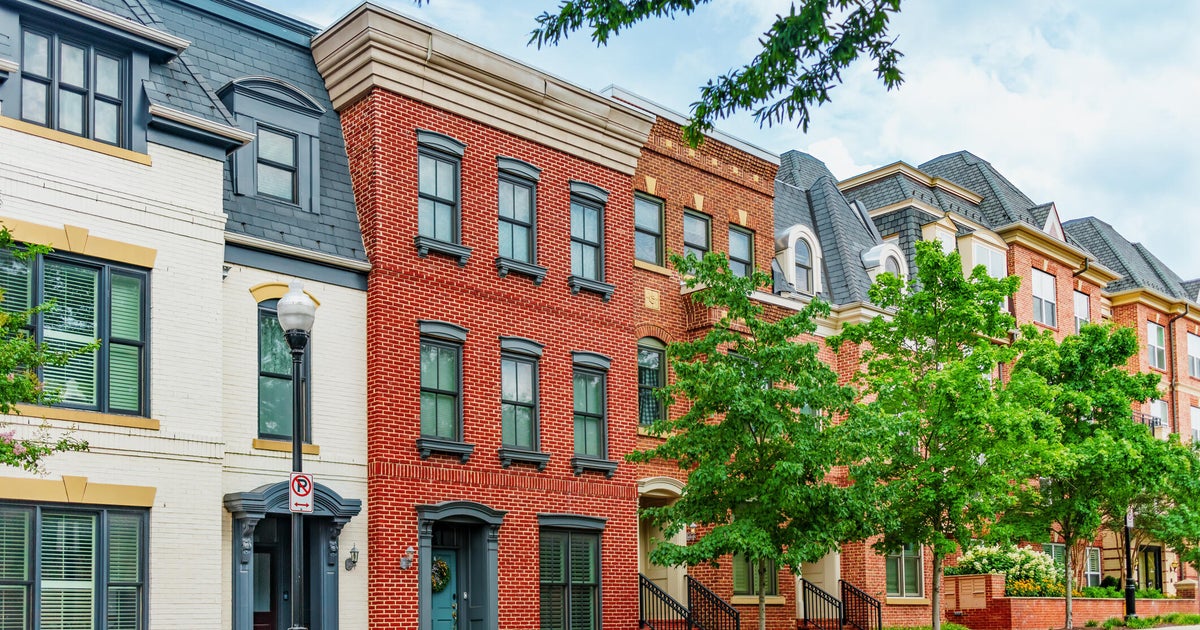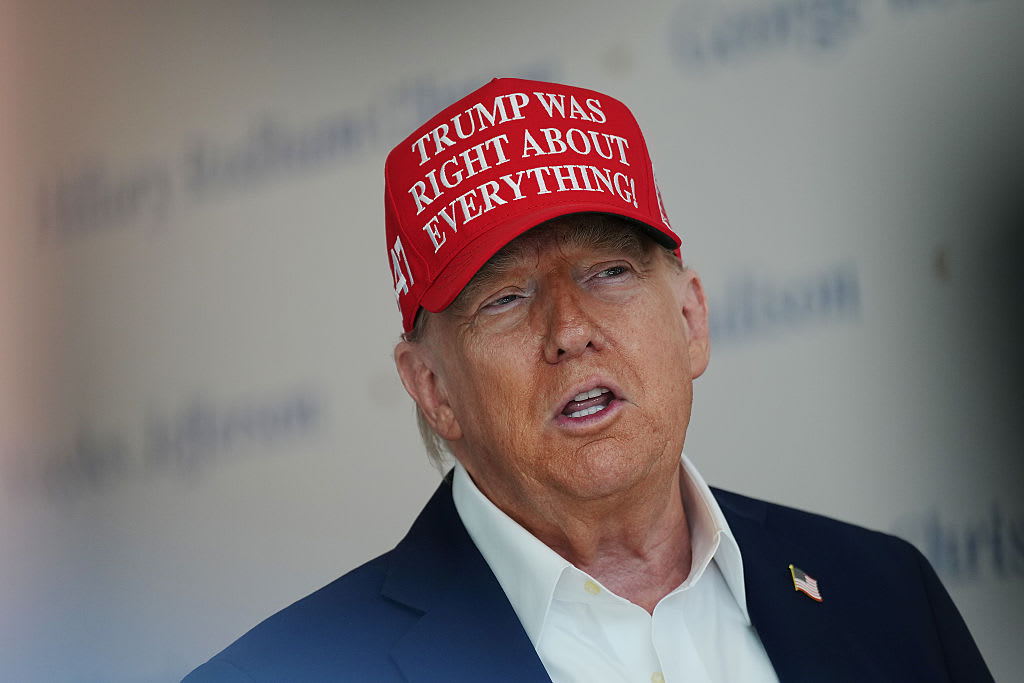Federal Reserve announces interest rate hike
The Federal Reserve announced it is raising interest rates on Wednesday — a move to combat soaring inflation as the U.S. comes out of the pandemic and economic uncertainty in the wake of Russia's invasion of Ukraine. The quarter-point hike comes as prices have risen at their fastest pace in 40 years.
"At the Federal Reserve we are strongly committed to achieving the monetary policy goals that Congress has given us: maximum employment and price stability. Today in support of these goals, the FOMC raised its policy interest rate by one quarter of a percentage point," said Federal Reserve Chairman Jerome Powell, wrapping up the two-day meeting. He went on to say the economy is very strong, and with a tight labor market and high inflation, the committee anticipates ongoing increases in the rate "will be appropriate."
The move does not come as a surprise. Powell said at a congressional hearing earlier this month that he supports raising the federal funds rate by 0.25%. Interest rates have been near 0% for about two years since the central bank cut rates as the coronavirus pandemic started in March 2020. This is the first time the Fed has hiked the rate since the end of 2018.
New projections by the Fed show seven rate hikes this year, up from three projected in December. The median expectation is the federal funds rate to rise to at least 1.875% at the end of the year. The median projection over the following two years is 2.8%. But Powell said the projections do not represent a committee decision or plan.
"We haven't made any decisions on frontend loading or going steadily through the year," said Powell on upcoming rate hikes. He said they will look at the data coming in.
Some economists have called for a more aggressive approach, with a .50% rate hike right out of the gate, as prices have increased 7.9% over the past year — the fastest rate of inflation since 1982. Personal consumption expenditures, the preferred measure used by the Federal Reserve, showed prices, excluding often-volatile food and energy, up 5.2% from a year ago.
But the Fed is starting interest rate hikes with a more conservative approach amid uncertainty over Russia's war in Ukraine. As the Central Bank moves to rein in soaring costs, the United States and its allies have slapped sanctions on Russian banks, businesses and individuals and restricted trade over its invasion.
"Although the invasion of Ukraine and related events represent a downside risk to the outlook for economic activity, FOMC participants continue to foresee solid growth as shown in our summary of economic projections," Powell said.
The Fed on Wednesday revised down its projections for real GDP this year to 2.8% from 4% in December. They have also revised the PCE inflation projection upward to 4.3% from 2.6% in December with core PCE inflation at 4.1%.
Powell said they expect inflation to remain high through the middle of the year. Before the invasion of Ukraine, the expectation was that inflation would peak at the end of the first quarter of this year and then starting to come down in the second half of the year, but Powell said they're seeing "a little bit of short-term upward pressure inflation" due to higher prices for oil and other commodities. He noted companies and countries not touching Russian goods also means "more tanged supply chains."
"I guess I would say that the expectation is still that inflation will begin to come down in the second half of the year," Powell said.
Impact for consumers
As the Federal Reserve raises the federal interest rate, borrowing costs are going to go up for consumers. For credit card holders, a first increase of 0.25% may be inconsequential but multiple rate hikes over the next year or so could add up.
"It's that cumulative effect that should prompt you to take action now," said Greg McBride, chief financial analyst of Bankrate.com. "Look to grab a 0% or other low rate balance transfer offer that can insulate you from the rate hikes we expect to see."
Mortgage rates have already been going up over the past few months in anticipation of higher rates and due to inflation. Auto loan rates are also expected to rise.
Should the Fed be more aggressive with raising interest rates moving forward, coupled with tightening spending power from higher costs for goods such as food and gas, economists have warned the chances of a recession next year have gone up.
Speaking Friday ahead of the Fed meeting, Treasury Secretary Janet Yellen, who previously chaired the Federal Reserve, said the economy is strong and households in general are in good financial shape. She noted record job creation and declines in unemployment. Last month, the unemployment rate hit 3.8%.
"One reason one might worry about a recession is that you think that monetary policy in bringing down inflation can cause that. We have seen that on some occasions in the past, but we've also seen episodes in which there is a soft landing," said Yellen. "I have confidence in the Fed to get inflation under control without causing a recession."
Powell argued Wednesday labor market conditions are strong . He said they expect they can bring down inflation while sustaining a strong labor market.
"In my view, the probability of a recession within the next year is not particularly elevated," Powell said.



